The Player Prop Goldmine: How Books Profit from Fantasy Football Thinking
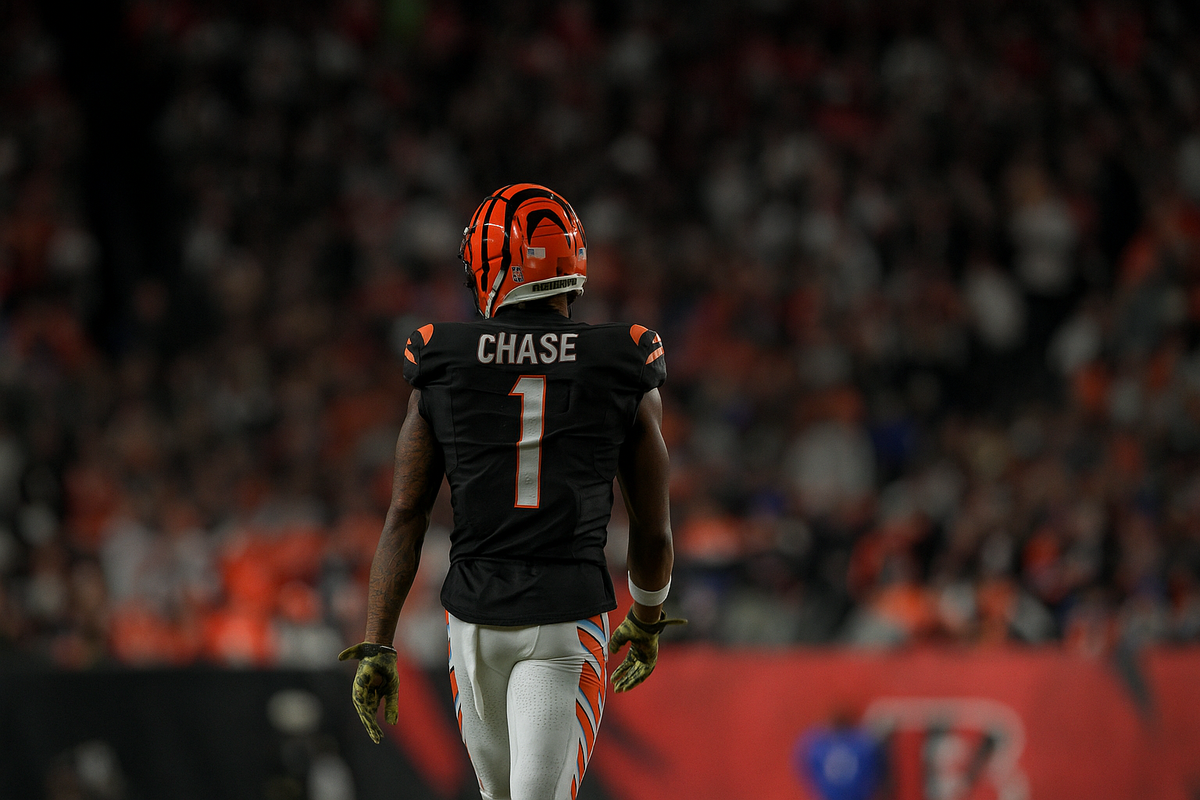

James White
Co-Founder of HotTakes
The $150 Fantasy Brain Trap
Last season, I was riding high in my fantasy league. Ja'Marr Chase was my WR1, averaging 18.2 fantasy points per game, and I felt like I knew everything about his usage patterns. So when I saw his receiving yards prop set at 74.5 for a juicy Thursday night matchup against the Ravens, I didn't hesitate.
"Easy money," I thought. "Chase averages 89 yards per game, Ravens secondary is trash, and Joe Burrow loves feeding his guy in primetime."
I hammered the over for three units--$150 total.
Chase finished with 55 yards on 6 catches. The Bengals got up early, ran the ball 34 times, and basically played keep-away for three quarters. My fantasy stud became a prop betting nightmare, and I learned the hard way that fantasy thinking doesn't translate to prop betting success.
Here's what I missed: sportsbooks aren't setting lines based on season averages. They're pricing in game script, defensive matchups, weather, pace of play, and about fifteen other factors that fantasy players completely ignore. While I was thinking like a fantasy owner, the books were thinking like mathematicians.
The Fantasy Football Mindset That Destroys Prop Bettors
Fantasy football has trained an entire generation of sports fans to think about player performance in completely the wrong way for prop betting. The psychology is understandable--if you've been starting a guy all season and watching his weekly numbers, you feel like you "know" what to expect.
The fantasy brain operates on these flawed assumptions:
"Season Averages Are Predictive": Fantasy players look at a receiver averaging 6.2 catches per game and assume that's what he'll do this week. Reality: game script, target share, and defensive coverage create massive variance.
"Volume Equals Production": In fantasy, more touches usually mean more points. In prop betting, efficiency and situation matter more than raw opportunity.
"Stars Always Perform": Fantasy relies on consistent weekly production from elite players. Props are about specific statistical thresholds that even superstars fail to hit regularly.
"Matchup Analysis Is Simple": Fantasy players see "Ravens give up 24th-most receiving yards" and think it's automatic. Props require understanding why defenses struggle and how offenses actually attack those weaknesses.
The result? Recreational prop bettors consistently overvalue popular players and underestimate situational factors that actually drive individual game performance.
How Sportsbooks Exploit Fantasy Thinking
Books absolutely love fantasy football players diving into props. These bettors bring predictable biases and emotional attachments that create consistent profit opportunities for the house.
The Sportsbook Playbook:
1. Price in the "Star Premium"
Popular fantasy players get inflated lines because books know casual bettors will bet their guys regardless of value. That Christian McCaffrey rushing prop might be set 5-10 yards higher than his true expectation.
2. Exploit Recency Bias
Fantasy players chase last week's performances. If a player had a huge game, books will shade his props higher knowing recreational money will flood the overs based on fresh memory.
3. Target Emotional Attachments
Fantasy owners have psychological investment in their players' success. Books know these bettors will force action on "their guys" even when the numbers don't make sense.
4. Create Correlation Traps
Same-game parlays let books exploit fantasy thinking on steroids. Recreational bettors string together props for their favorite players without understanding how correlated (or anti-correlated) the outcomes actually are.
The Perfect Example: Week 6, 2024. Jayden Daniels' passing yards prop was set at 248.5 against the Giants. Fantasy players saw his hot start (averaging 265 passing yards) and hammered the over. What they missed: Giants defense was elite against the pass but terrible against the run. Washington ran 39 times and threw just 23 passes. Daniels finished with 209 passing yards, and the under cashed easily for anyone who understood game script projection.
The Three Fatal Fantasy Flaws in Prop Betting
Flaw 1: Ignoring Game Script Impact
Fantasy players think in terms of raw production numbers. Prop bettors need to think about how games actually unfold.
The Fantasy Mindset: "Lamar Jackson averages 220 passing yards, so I'll bet the over on 215.5."
The Sharp Approach: "Ravens are 10-point home favorites against a terrible run defense. They'll probably run 35+ times and control the clock. Lamar might throw for 180 yards in a blowout win."
Key Insight: Blowout games kill passing props for favorites and rushing props for underdogs. Competitive games boost both. Game script trumps talent every time.
Flaw 2: Overvaluing Target Share Without Context
Fantasy success often correlates with target volume, but props are about hitting specific thresholds, not accumulating points.
The Fantasy Mindset: "DeVonta Smith gets 8.5 targets per game, so 6.5 receptions is automatic."
The Sharp Approach: "Eagles are playing in 25mph winds against a team that struggles defending the run. They'll probably run the ball 40 times and throw quick slants. Smith might see 5 targets total."
Key Insight: Weather, pace, and opponent strengths completely change how offenses operate. Target share means nothing if the offense isn't throwing.
Flaw 3: Misunderstanding Efficiency vs Volume
Fantasy rewards total production. Props reward hitting specific numbers, which requires understanding when efficiency matters more than opportunity.
The Fantasy Mindset: "Derrick Henry is getting 20+ carries, so 85.5 rushing yards is easy."
The Sharp Approach: "Titans are road underdogs against a team that forces negative game script. Henry might get 22 carries but average 3.2 yards per attempt against a stacked box. 68 yards on 22 carries loses the over."
Key Insight: Efficiency changes dramatically based on game situation, defensive personnel, and field position. Volume without efficiency creates prop betting disasters.
The Sharp Money Approach to Player Props
Professional prop bettors approach individual player markets completely differently than fantasy players. Instead of projecting raw production, they're identifying spots where books misprice specific situations.
The Professional Framework:
1. Project Game Environment First
Before looking at any player prop, sharps project total points, pace of play, weather impact, and likely game script. The environment determines opportunity.
2. Identify Situational Edges
Sharp money looks for spots where recent usage patterns don't match likely game flow. Backup running backs in blowouts, slot receivers in weather games, kickers in dome games.
3. Exploit Correlation Misunderstanding
Books often misprice props based on public misunderstanding of how statistics relate. High-scoring games might actually hurt individual rushing props due to passing volume.
4. Target Market Inefficiencies
Popular players get overpriced. Complementary players get underpriced. Sharp money identifies the roles that casual bettors ignore but create consistent value.
The Four Prop Categories Where Fantasy Thinking Costs Money
Rushing Props in Projected Blowouts
The Fantasy Trap: Betting overs on star running backs regardless of game script.
The Reality: Blowout favorites often abandon the run early, while blowout underdogs face constant passing situations.
The Edge: Bet rushing unders for stars on big underdogs, rushing overs for backup players in blowout scenarios.
Receiving Props in Weather Games
The Fantasy Trap: Assuming target monsters will hit their numbers regardless of conditions.
The Reality: Wind and rain completely change offensive philosophy, often favoring shorter, more reliable targets.
The Edge: Bet unders on deep threats in bad weather, overs on slot receivers and tight ends in dome-to-outdoor transitions.
Passing Props for Mobile Quarterbacks
The Fantasy Trap: Projecting passing numbers based on dropback volume without considering scrambling impact.
The Reality: Mobile QBs often lose passing yards to scrambles, especially against aggressive pass rushes.
The Edge: Bet unders on scrambling QBs facing pressure, overs on pocket passers with clean protection.
Touchdown Props in Defensive Games
The Fantasy Trap: Betting touchdown overs based on red zone usage without considering scoring environment.
The Reality: Low-scoring games mean fewer touchdown opportunities for everyone, regardless of talent.
The Edge: Target anytime TD unders in projected defensive struggles, overs in projected shootouts with multiple scoring chances.
Your Anti-Fantasy Prop Strategy
Step 1: Kill Your Fantasy Brain
Stop thinking about your roster. Start thinking about specific game situations and how they affect individual statistical categories.
Step 2: Project Game Script First
Before betting any prop, project total points, time of possession, and likely game flow. Props are situation-dependent, not talent-dependent.
Step 3: Identify the Ignored Players
Focus on complementary players who benefit from specific game scripts. Backup running backs, slot receivers, and role players often provide better value than stars.
Step 4: Understand True Correlation
Learn how different statistics actually relate to each other. High team totals don't always mean individual player overs--sometimes they mean the opposite.
Step 5: Track Your Edge, Not Your Wins
Keep detailed records of why you bet each prop, not just whether it won. The goal is finding repeatable edges, not chasing individual results.
The Bottom Line: Why This Edge Exists
Player props represent the perfect intersection of fantasy football popularity and betting market inefficiency. Millions of fantasy players think they understand individual player performance, but they're applying the wrong framework to a different game.
Books exploit this by pricing in the "fantasy premium" on popular players while offering true value on situational spots that recreational bettors ignore. The edge exists because fantasy success and prop betting success require completely different skill sets.
The key insight: Stop betting like a fantasy owner and start betting like a game script analyst. Your props portfolio depends on understanding situations, not players.
Fantasy football taught you to love your stars. Props will teach you to love your spots.
Ready to stop thinking like a fantasy owner and start betting like a sharp? Join the HotTakes community for more market inefficiencies that crush recreational thinking. Download the app and turn your sports knowledge into real rewards.
Continue the Journey
with More Expert
Insightsmore Articles
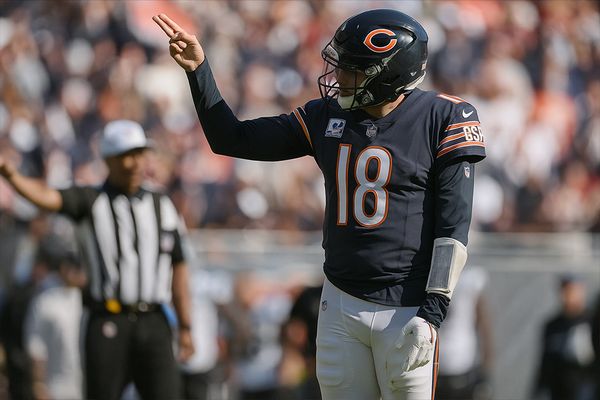
Why Primetime Games Are Sharp Money's Favorite ATM Machine
Market Inefficiencies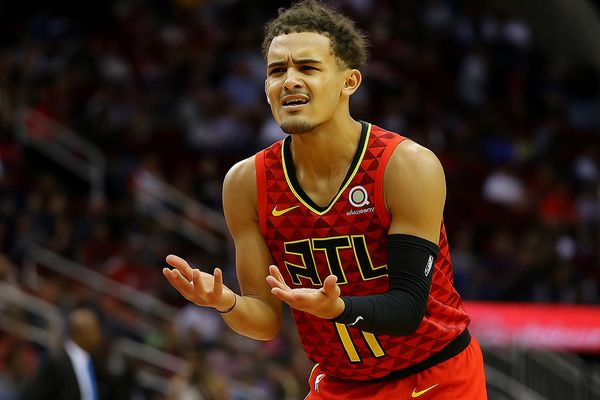
The Confidence Cascade: Why Hot Streaks Lead to Cold Reality Checks
Mental Edge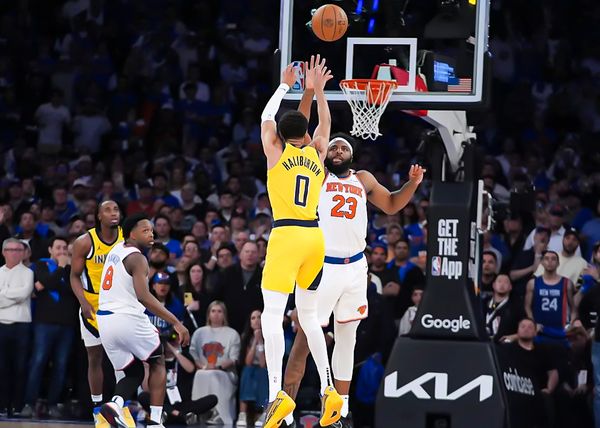
The Parlay Dopamine Trap: Why Your Brain Is Addicted to Impossible Odds
Mental Edge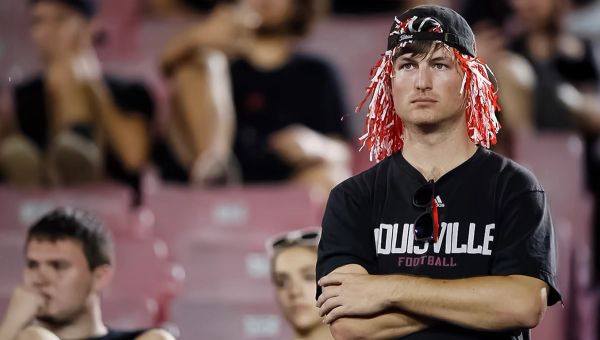
Revenge Betting: Why Your Worst Losses Lead to Even Worse Decisions
Mental Edge